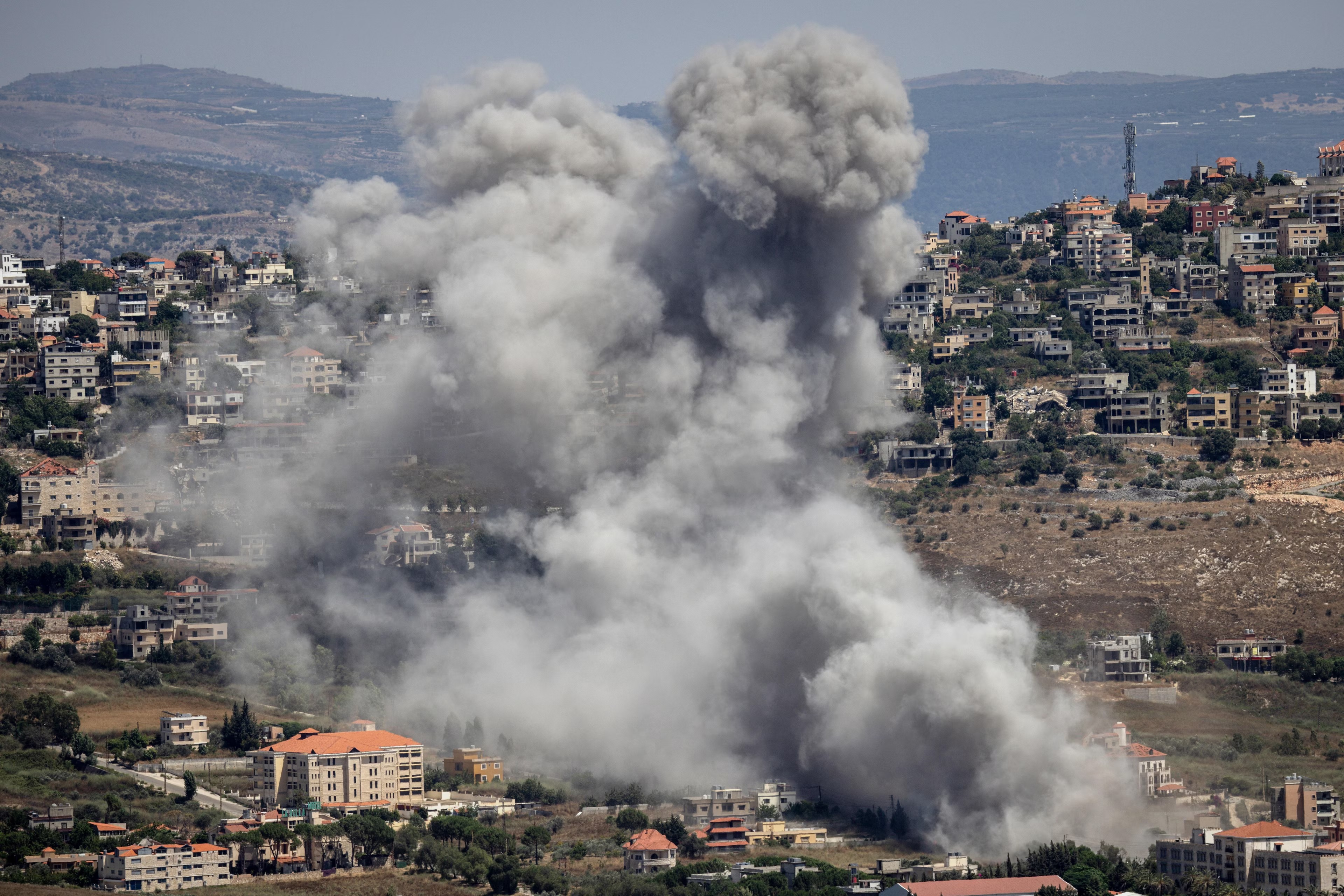Israel-Hezbollah Conflict: Four Decades of Tension and War
The Israel-Hezbollah conflict, which began in 1982, has spanned more than four decades, marking one of the most enduring and volatile struggles in the Middle East. Rooted in Israel's invasion of Lebanon during the Lebanese Civil War, the conflict escalated as Hezbollah, a militant group backed by Iran, emerged as a key player in resisting Israeli military presence.
Israel’s 1982 invasion aimed to weaken the Palestinian Liberation Organization (PLO), but it instead led to the rise of Hezbollah, which capitalized on Lebanese resentment toward Israel. By 2000, Israel had withdrawn its forces from Lebanon, but Hezbollah remained armed and ready, launching cross-border attacks that sparked the 2006 war.
The 2006 conflict between Israel and Hezbollah was one of the most devastating, resulting in the deaths of over 1,000 Lebanese civilians and significant destruction in southern Lebanon. Despite this, Hezbollah claimed victory, gaining political influence and solidifying its position as a regional power broker.
In recent years, the war has taken on a new dimension, as both sides have been entangled in the wider Syrian conflict. Iran’s support of Hezbollah, and Israel’s determination to curb the group's military capabilities, continues to fuel tensions.
With both parties unwilling to back down, the possibility of a new war looms, posing a grave threat to regional stability. The roots of this conflict, deeply embedded in historical grievances, show no signs of easing.
